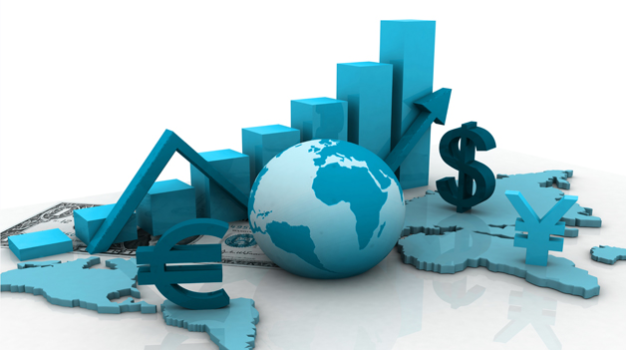

What Is Economy?
All scientific fields identify economy as “house management” consisting of “oikia” (which means house in Turkish) and “nomos” (which means rule in Turkish) word roots. Turkish Language Society makes the definition of it as being the sum of the relationships causing from the reproduction, sharing and such survival activities of people.
Economy is such an extensive word that there are various definitions about it. According to Dr. Mahfi Eğilmez, people have unlimited needs in contrast with their limited financial opportunities and economy is the activity of adjusting limited opportunities with unlimited needs. Adam Smith, who is the founder of economics, assimilated economy to wealth and comprises all studies about wealth inside economy. We can give “Research About The Sources Of Country Wealth And Nature” book of him as a reference to this issue.
Updated Economy Subjects
Nowadays, we are frequently reading news about interest changes of central bank, increases in current account deficits, cryptocurrency, inflation, stagflation and announcements about financial growth datas.
Definitions About Economy
T.R Central Bank: The main target of Turkish Republic Central Bank is to provide price stability. It comes up with 4 types of independency...
FED (Central Bank Of U.S.A): Central Bank of U.S.A (Fed) is established in 1913. There are 3 main targets specified in monetary policy of Fed...
ECB (Central Bank Of Europe): Central Bank of Europe (ECB) is established to manage monetary policies and their applications on the basis of Euro association of 19 European Union countries. Its’ main target is to provide price stability of Euro and economy. Its’ center is located in Frankfurt.
Money: Money is a tool that purchases goods and services, stores and measures value. It has three main functions...
Monetary Policy: It is a complement of policies carried out for providing stabilization of currency by affecting finance in the market. These involves credit ceiling, interest control, rediscount, open market operations and provisions policy.
Fiscal Policy: Fiscal policy is the policy that the financial intermeditaries are used in accordance with targets in order to provide economical balance and improve negativenesses. It has four sub-policies...
Hot Money: Hot money is the currencies brought to countries in order to benefit from high interests and profits. The reason they are called hot money is that the owners or managers of these funds get their money out of their investment accounts under increasing risks.
Bitcoin: Bitcoin is an independent and virtual currency used via internet. People or businesses can spend or receive bitcoins as they do with real money.
Deficit (internal and external economical balance deficits): Internal and external economical balances are the two sub-balances of economy. Internal economical balance divides into two parts. One of them is the private sector balance that is also called saving (S) and investment (I) balance and can be written as (S- I). Other one is the public sector balance (T) that is the expense (G) balance. It is also called budget balance and can be written as (T- G). The sum of these two sub-balances gives us the internal economical balance.
(S – I) + (T – G) = Internal economical balance: We can show external balance as the difference between foreign exchange earnings (X) gained from the people operated abroad and foreign exchange expenses (M) paid to the people operated abroad.
(X – M) = External economical balance: Internal and external economical balances are equal to each other in economy.
(S – I) + (T – G) = (X – M): If the sum of internal economical balance (S – I) + (T – G) is unbalanced, then the sum of external economical balance will be unbalanced accordingly.
Inflation: Inflation means continuous increases in global levels of prices. At this point; continuity is very important.
Deflation: Deflation means continuous decreases in global levels of prices. Purchasing power of money is high at this stage. Continuity is very important in deflation.
Stagflation: Stagflation is the inflationary recession and avoids economical growth.
Recession: Recession is the economic shrinkage. Generally, it means decreases in economic activities.
GSYH (gross domestic product): It is the total value created by collecting all final goods over their market prices in a specific period and calculated annually.
Interest: We can make the definition of this concept as an equivalent in acknowledgement of using savings within a specific time. The deposits and credit interests are freely determined by banks in Turkey. On the other hand, banks are being affected from the interest decisions and obligated allowance applications of CBRT.
Libor: Libor is the abbreviation of London Interbank Offered Rate idiom. It is the rate for banks of high standing determined in order to show interest rates of the interrelated loaned money they give to each other.
Register to our newsletter in order to be aware of our announcements and news.
